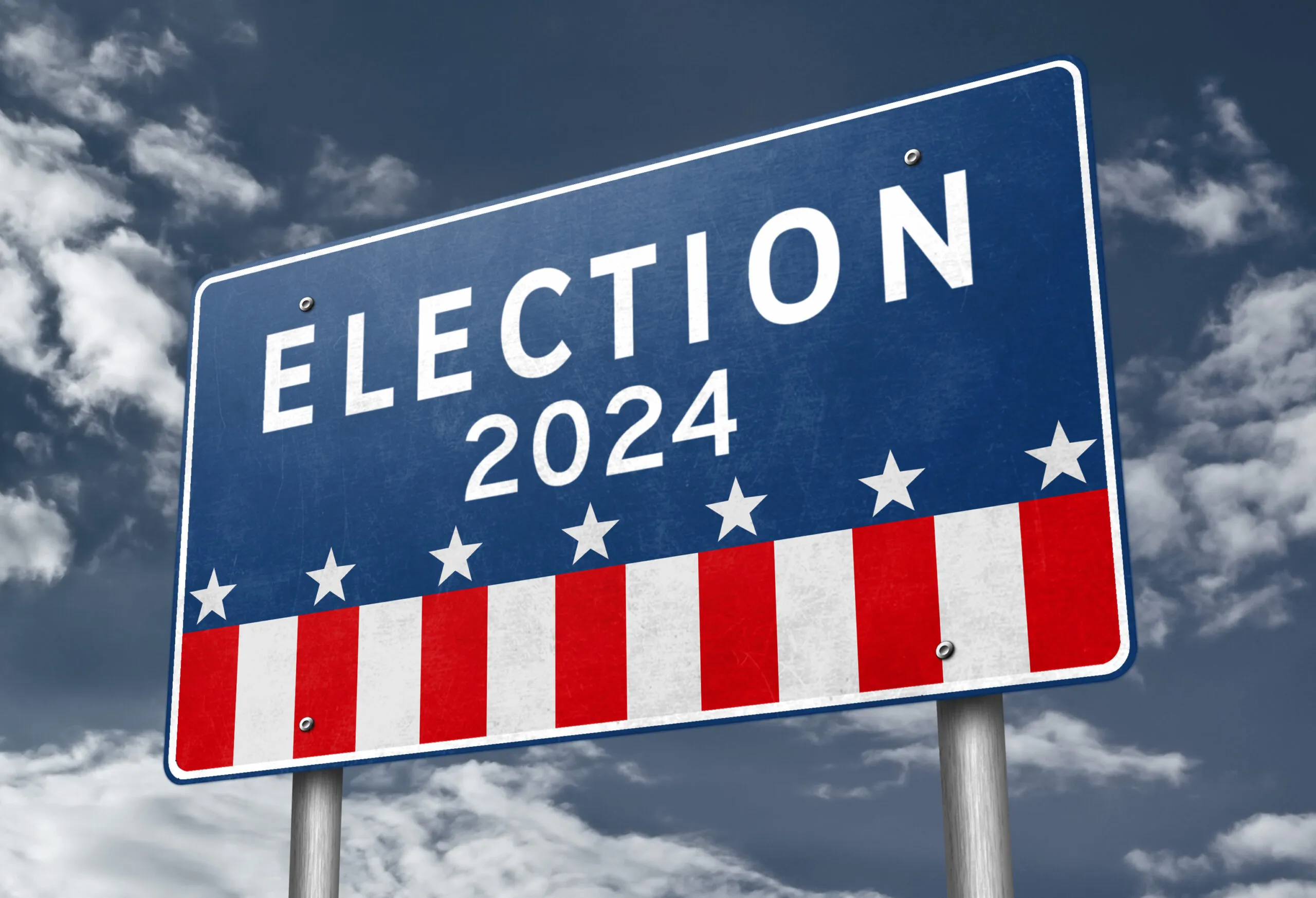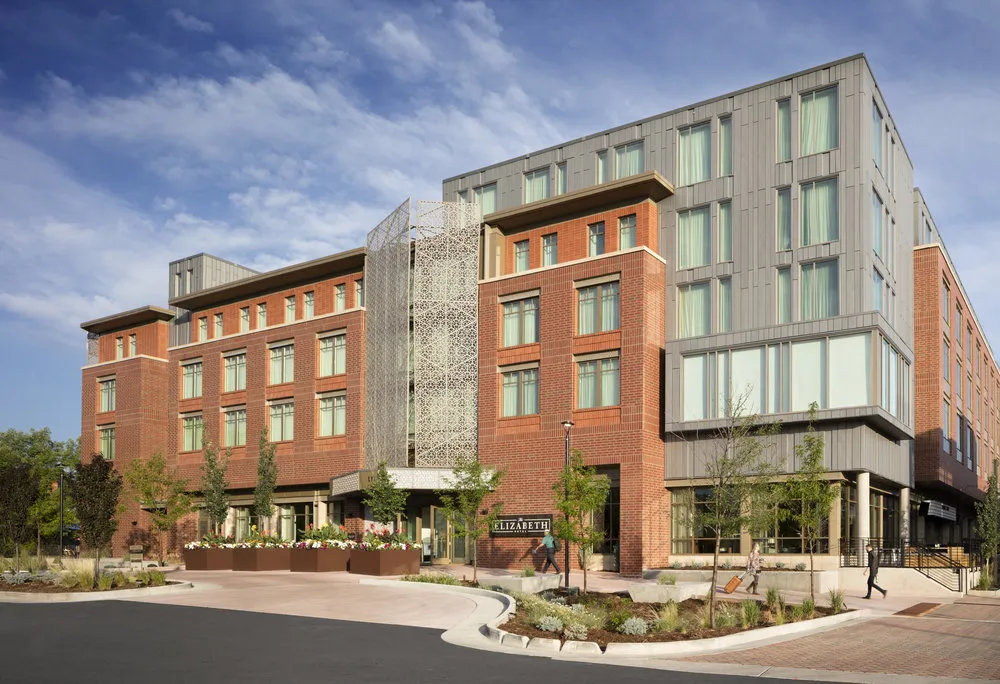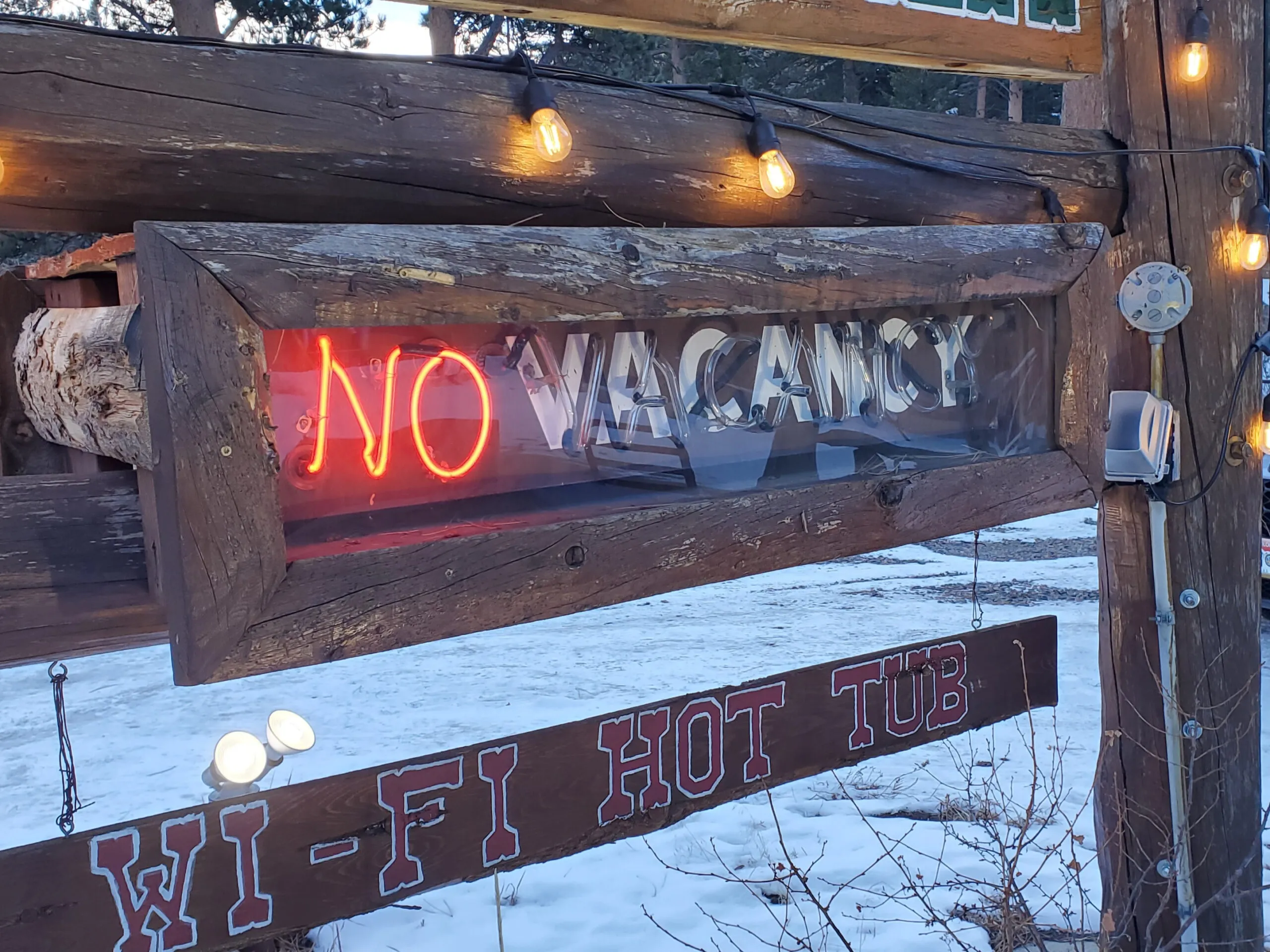Younger buyers help drive RV sales
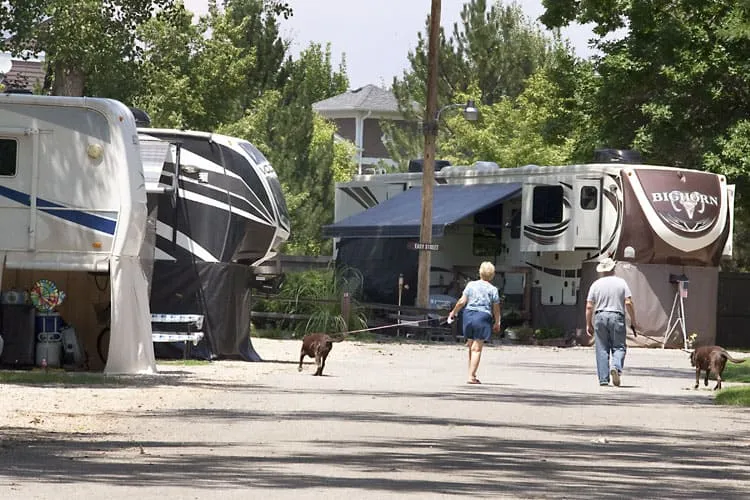
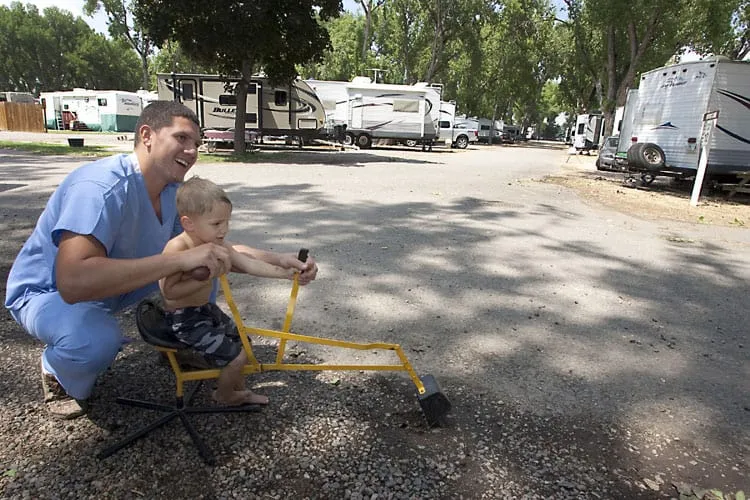
As Baby Boomers age, they opt to travel the country in one of their preferred modes of transportation: recreational vehicles. But they are not alone. Younger generations, including Generations X and Y, have caught the RV bug.
“Originally, it was Baby Boomers who used to do this. Now, they have grandchildren,” said…
THIS ARTICLE IS FOR SUBSCRIBERS ONLY
Continue reading for less than $3 per week!
Get a month of award-winning local business news, trends and insights
Access award-winning content today!

